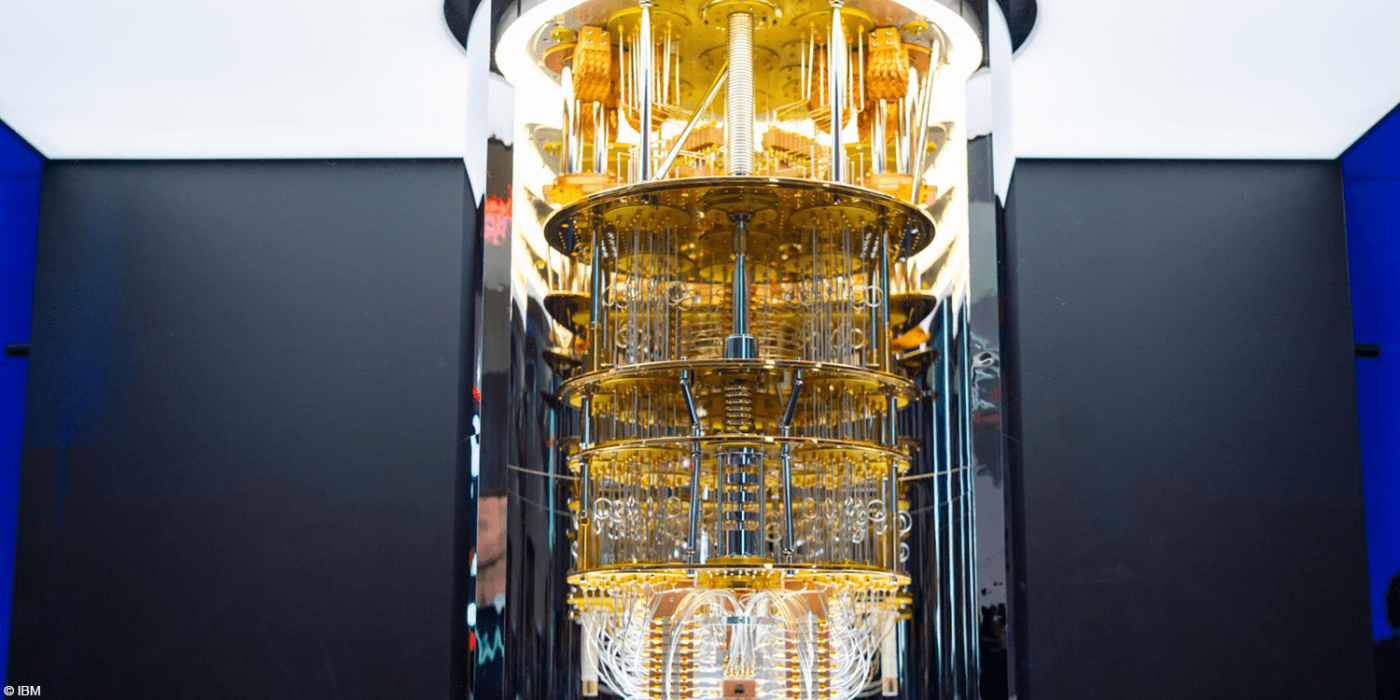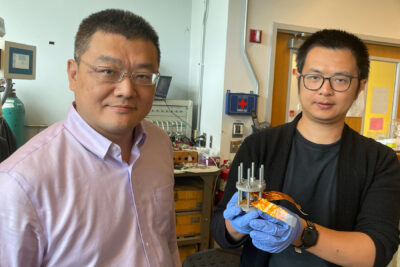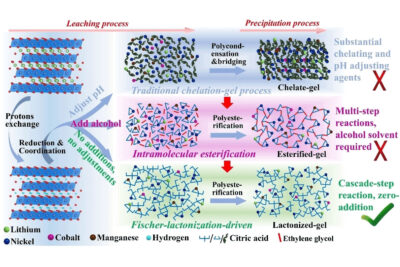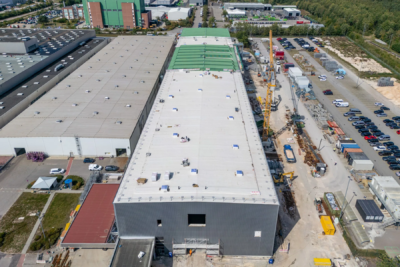Bosch & IBM to find battery materials using quantum computing
Bosch and IBM want to jointly research materials using quantum computers. Bosch is contributing concrete use cases from e-mobility in which quantum computers should soon have a decisive advantage over conventional computers in discovering and developing new materials.
For the new partnership, Bosch joins the IBM Quantum Network. It has over 200 organizations, including Fortune 500 companies, startups, research centres and educational institutions. As a member, Bosch will also get access to IBM’s Qiskit Runtime as a service over the IBM Cloud. Qiskeit accelerates quantum operations.
Most materials for fuel cells, batteries, electric drives and advanced sensors have highly correlated electrons; classical computers cannot accurately calculate these material properties. This is where IBM and Bosch want to develop robust and powerful quantum algorithms for industrial applications, not unlike the undertaking Bosch is already part of in project QuESt with the German Aerospace Center (DLR) and the Fraunhofer Institute for Mechanics of Materials.
The partners have already started the work by laying the foundations for algorithms and workflows which enable computational materials design of industry-relevant materials on quantum computers. Early results are promising; Bosch said these include moving towards more realistic models beyond common approximations in solid-state physics, such as the single-band Hubbard model, and scaling them toward system sizes of interest.
Bosch has been looking into quantum computing for some time and is part of project QuESt. Together with the German Aerospace Center (DLR) and the Fraunhofer Institute for Mechanics of Materials, they use a quantum computer to research new materials for more powerful batteries and fuel cells.
“Even simple models of real materials tend to quickly become intractable for classical computers to simulate,” said Scott Crowder, Vice President of IBM Quantum Adoption and Business Development. “That’s why Bosch’s collaboration with IBM, as well as the extended IBM Quantum Network on quantum computing research is so important. We will work together on addressing a wide range of materials science problems in the fields of electromobility, renewable energy and sensor technology.”
The use of quantum computing is becoming more widespread. VW and Xanda reportedly rely on it to advance battery materials, however, long-term. According to VW, the two companies want to bring resource-efficient quantum algorithms to market maturity in the next decade.





0 Comments